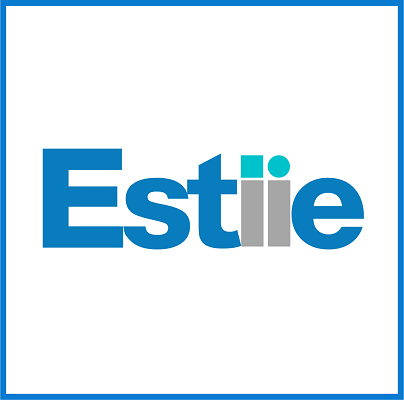
A new era in employment for Building and Construction professionals as Estiie enters the market
The pandemic accelerated digitisation rates for businesses globally. It brought about a cultural shift in which working from home and working completely online is becoming the norm. Furthermore, it supports an already growing trend – a major shift from traditional full-time work to part-time, freelancing and independent work, often referred to as the gig economy.
This labour trend inevitably fosters great opportunities for industries to rethink, adapt and innovate the way they hire workers. A new platform by Estiie aims to see Australia’s Building and Construction industry move towards this new employment landscape and tap into a wider talent pool, which is at the crux of the industry’s inherent Human Resources challenge.
The Gig Economy, a crowd-based business model
In general terms, the gig economy is a free-market system in which organisations engage freelancers, independent contractors or self-employed providers on short term work, projects or ‘gigs’.
With increased use of technology, low barriers to entry and greater need for businesses to adopt low-cost solutions for agility, the gig economy has become increasingly popular. We’re witnessing it transition from being dedicated to design and tech creatives to almost every other industry, including transportation (Uber, Lyft), food delivery (Uber, DoorDash, Menulog) and accommodation (Airbnb) which has exploded on the market in recent years. It has also brought in ‘microwork’ (Airtasker) to popularity.
Until now, the Building and Construction industry has not featured prominently in the freelancing space. A Melbourne based business, Estiie, is planning to change that. Whilst other platforms target specific construction workers, Estiie will launch Australia’s first online two-sided marketplace platform exclusively for Building and Construction professionals. It’s target market will be small to medium businesses / builders to offer ongoing projects; and freelancers, architects, draftsperson, engineers, estimators and more, to complete those projects. It aims to enrich the traditional way the industry has approached connecting people with work, while offering a solution for managing peak and troughs in pipeline projects.
We have seen the resilience of the construction industry through the pandemic, assisted by the Australian Government’s ‘Homebuilder initiative’. Even still, the sudden and intermittent lockdowns and restrictions proved disruptive to supply chains and projects and exacerbated the lack of industry workers that was needed to support construction growth and trends.
“The industry needs additional skilled workers in all facets of residential construction to avoid bottlenecks and maintain acceptable build times,” emphasises Estiie’s Managing Director and Founder, Liam Vo, who has worked in the industry for over 10 years.
“We have celebrated how the industry has moved forward with minimum interruptions, but now the time has come to ensure that we deliver on our projects.”
Liam adds, “There needs to be a solution to tap into the workforce that is seeking temporary work to make ends meet.”
The key driving forces behind the Estiie platform is to provide a simple solution to adapt and scale human resources to current markets, provide construction professionals a way to earn additional income and support the economic recovery.
The benefits of freelancing are well known – flexibility, autonomy, work-life balance, contingency work, and supplementary income. On the flip side, businesses are increasingly outsourcing work to combat rising overhead costs and are seeking greater agility, productivity and efficiency which engaging freelancers could offer.
Freelancers are very active participants of the economy with millennials fuelling the expansion of independent work.
With growth forecasts in both Australia’s construction and gig economies, there is foreseeable opportunity and value at the intersection of the two with Estiie leading the way.
Estiie is in its seed phase with the initial funding boot-strapped by its founder. The beta website is currently under construction, co-developed with Nathaniel Garvin, CEO of Jiffi Web Help, with the completed platform forecasted to be delivered in 8-10 weeks’ time. Estiie’s intention is to raise investment capital through equity crowdfunding early next year. Interested parties can keep up to date on their progress via their webpage www.estiie.com and social links.


